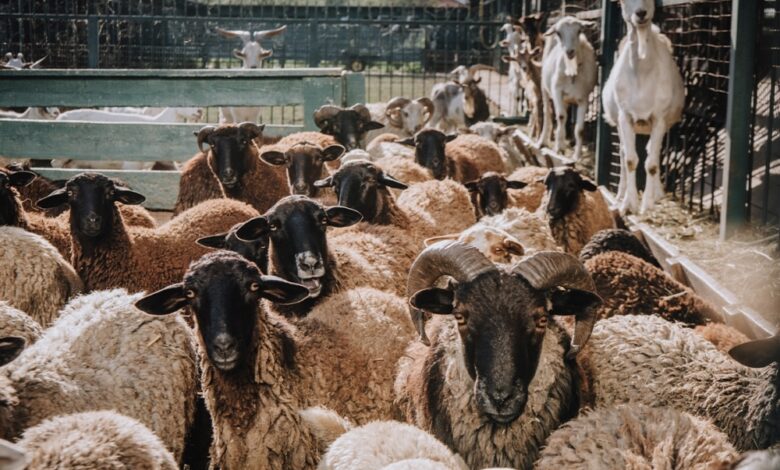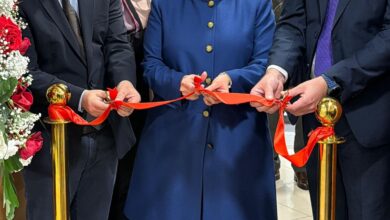KISR uncovers nutritional gaps in Al-Naimi sheep farms

The Kuwait Institute for Scientific Research (KISR) has conducted a pioneering study analyzing the mineral and vitamin content of feed used to nourish Al-Naimi sheep across local farms.
The comprehensive survey revealed significant nutritional deficiencies in some farms that adversely affect the health, productivity, and reproductive performance of the sheep, leading to various health complications.
The study encompassed 30 sheep farms situated in key agricultural regions including Al Wafra, Abdali, and Al Sulaibiya. Farms were categorized by herd size: small (50-150 heads), medium (250-350 heads), and large (500 heads or more), reports Al-Jarida daily.
Researchers collected over 100 blood and feed samples to analyze vital indicators such as mortality rates among newborn lambs and the frequency of abortions in ewes.
Given Kuwait’s harsh desert climate — with minimal rainfall, high temperatures, and absence of natural pastures — all sheep farms operate under a confined housing system.
The typical diet consists of a 70:30 ratio of concentrates to filler grasses. Feed quantities are adjusted according to the reproductive stages of the ewes, increasing during pregnancy and lactation to meet their nutritional needs.
Dr. Hanaa Bourzaq, project leader at KISR’s Center for Environmental and Life Sciences Research, highlighted that while nutritional management on many farms was satisfactory, several farms exhibited recurring problems, especially in mineral and vitamin content.
The study also identified poor feeding practices for young lambs, which contributed to inadequate intake and deteriorating health among the youngest animals.
Laboratory analysis revealed widespread cobalt deficiency, primarily affecting young lambs and resulting in symptoms such as lethargy and poor wool quality.
Supplementing cobalt in affected animals led to an average weight gain of 6 kilograms over six weeks. Copper deficiency was also noted, with signs including a hunched back and loss of wool pigmentation. Veterinary-supervised copper injections were recommended to address these issues.
Additional deficiencies of selenium and vitamin E were identified, causing “white muscle disease” in lambs characterized by loss of mobility. Proper supplementation with these nutrients successfully restored movement in afflicted sheep.
The study also uncovered imbalances in calcium and phosphorus, crucial during the late stages of pregnancy. An improper ratio increases the risk of urinary stones, and the use of ammonium chloride injections was advised to mitigate this risk.
The research concludes with a call for adopting improved feed formulations and best management practices tailored to the desert environment of Kuwait.
Enhancing the nutritional quality of feed and optimizing care can significantly improve the reproductive success and overall health of Al-Naimi sheep, thereby boosting farm productivity and sustainability.
Follow The Times Kuwait on X, Instagram and Facebook for the latest news updates












